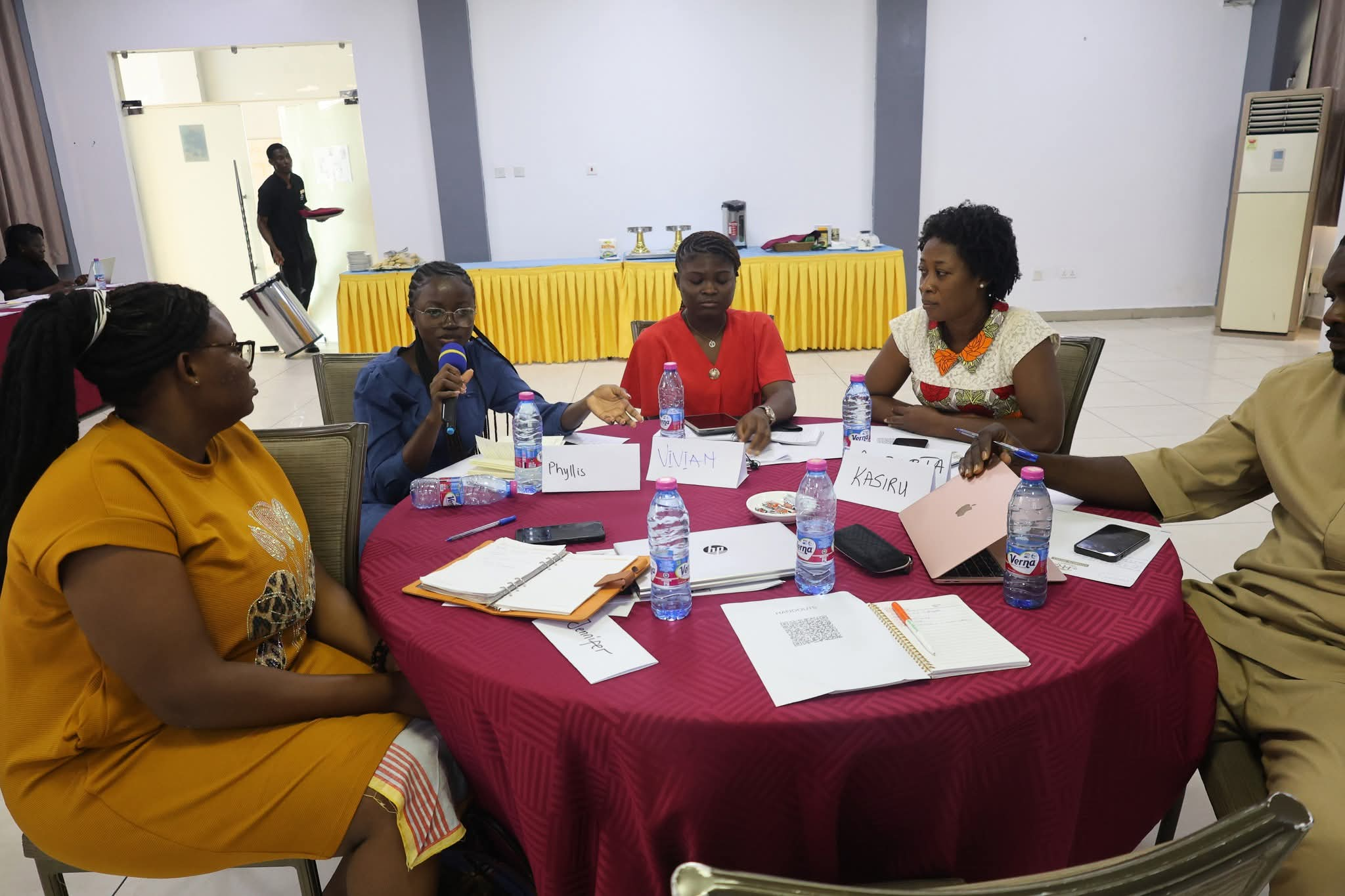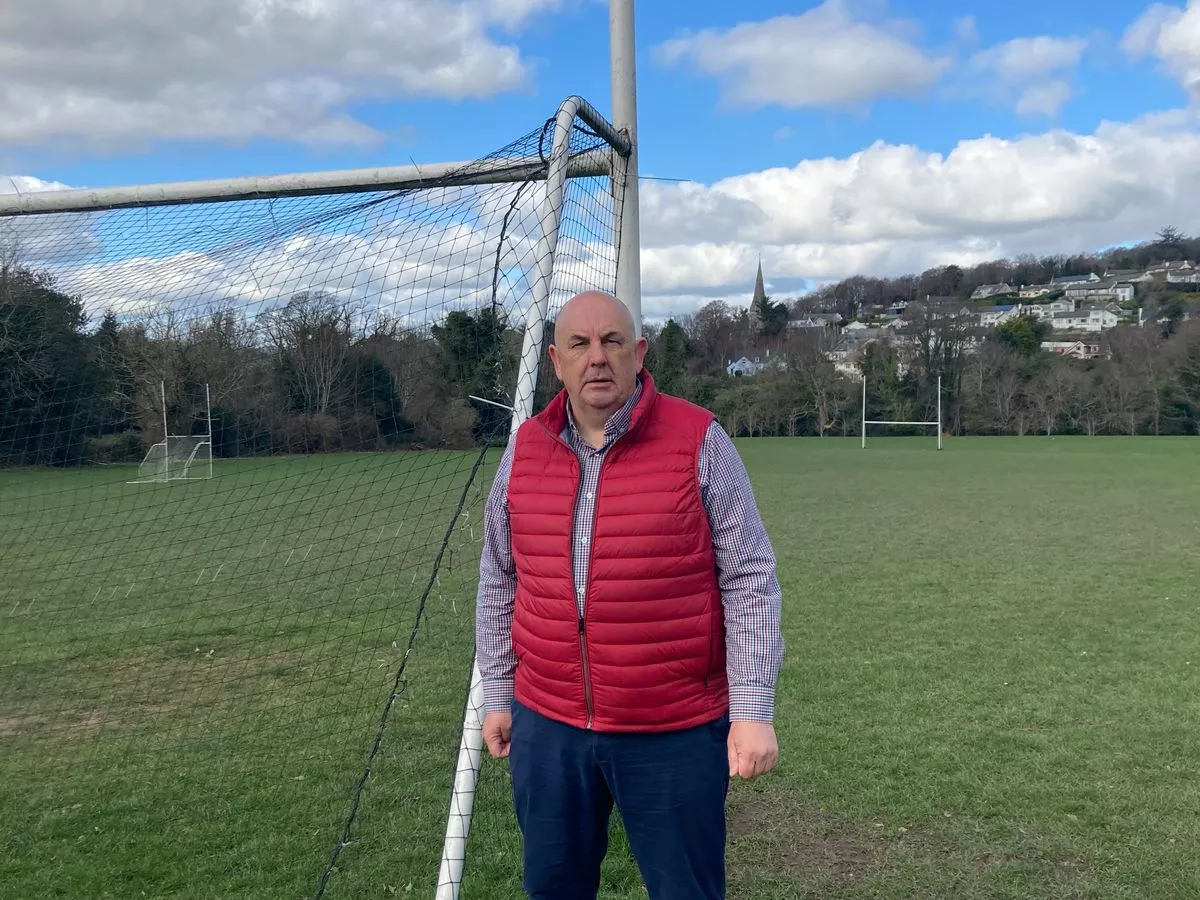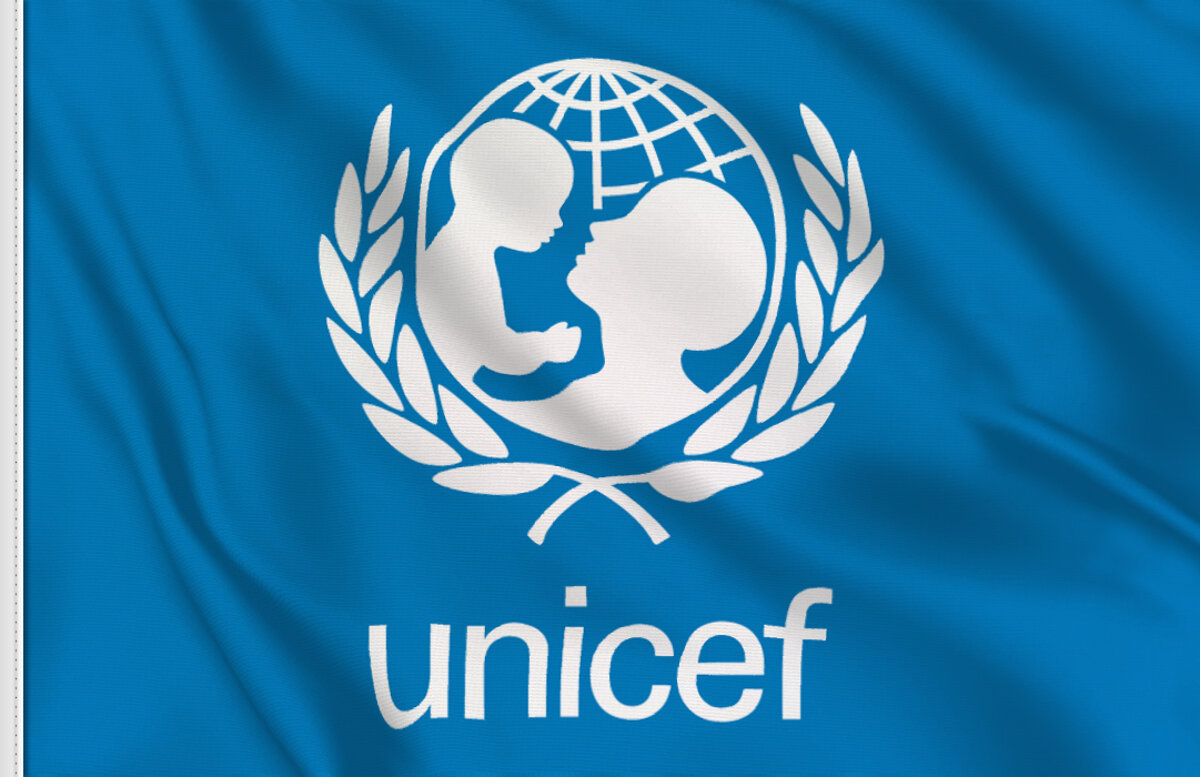By Ghana News
Copyright ghanamma

By Eunice Hilda A. Mensah
Accra, Oct.03, GNA – The Network for Women’s Rights in Ghana (NETRIGHT) and its partners have called on government to recognise care work as central to sustainable development and invest in infrastructure and develop policies that support them.
Ms Demakpor Anaglate, Programme Officer of NETRIGHT in an interview with the Ghana News Agency said although Ghana had implemented various initiatives aimed at reducing gender inequalities, many of them tend to be generalised and failed to address the nuanced realities faced by different groups of women.
“These broad ad-hoc interventions often fail to recognise the complex, intersecting challenges that perpetuate inequality in everyday life such as burden of care on women and adolescent girls,” she stated.
She made the call at a two-day training workshop for civil society organisations (CSOs) on National Advocacy Toolkits on Unpaid Care Work (UCW).
The workshop organised by NETRIGHT in partnership with Alinea International and SEND-Ghana, introduced participants to the toolkit and solicited their inputs to strengthen it before it was rolled out.
The Programme Officer said Ghana’s fiscal and institutional frameworks remained largely silent on care-related investments, and care work continued to be treated as a private family responsibility rather than a national agenda.
She explained that with the absence of targeted policies to address the challenges, inequality continued to be reinforced in subtle yet powerful way.
Ms Anaglate called on the government to put measures in place to fund research into women and adolescent girls in unpaid care work.
Data from the research, she said would strengthen civil society organisations’ advocacy for policy reforms to help reduce the burden on women and adolescent girls in unpaid care work
She urged the government to back conventions signed and social protection policies with the intensity with which they were passed to ensure that the vulnerable in care work were supported to enhance their work.
By doing so, the expected change in care work by women and girls would come to fruition, she said and emphasised the need for care work to be factored into Ghana’s macroeconomic planning.
Speaking on the need for the workshop, Ms Anaglate said: “A robust civil society-led advocacy to situate unpaid care work as a major national agenda requires the strengthening of capacity of civil society actors to better understand UCW as a critical national policy issue to advance women’s empowerment and rights.”
It was also crucial because despite Ghana’s commitment to gender equality through frameworks like the Convention on the Elimination of All Forms of Discrimination Against Women (CEDAW) and the Sustainable Development Goals (SDGs), national policies were yet to fully integrate UCW into macroeconomic planning,
NETRIGHT and its partners used the platform to introduce a project they were implementing dubbed: “United for Care Sensitive Approaches to Right and Environment (UCARE),” which aimed at reducing the unequal and unfair burden of unpaid care work on women and adolescent girls in Northern Ghana.
The UCARE would be implemented in 10 districts across the Northern, North-East, and Savanah regions to mobilise support for policy reforms.
Madam Bernice Sam, a Gender Advocate and facilitator of the training, said in Ghana women disproportionately bore the burden of UCW, such as childcare, housework, and caring for the sick and elderly.
These, she said contributed to poverty and hindered women’s economic empowerment.
“This unequal distribution of care responsibilities restricts women’s access to education, employment, and political and social participation, while also impacting their health and well-being,” she stated.
Edited by George-Ramsey Benamba
Oct 3, 2025



